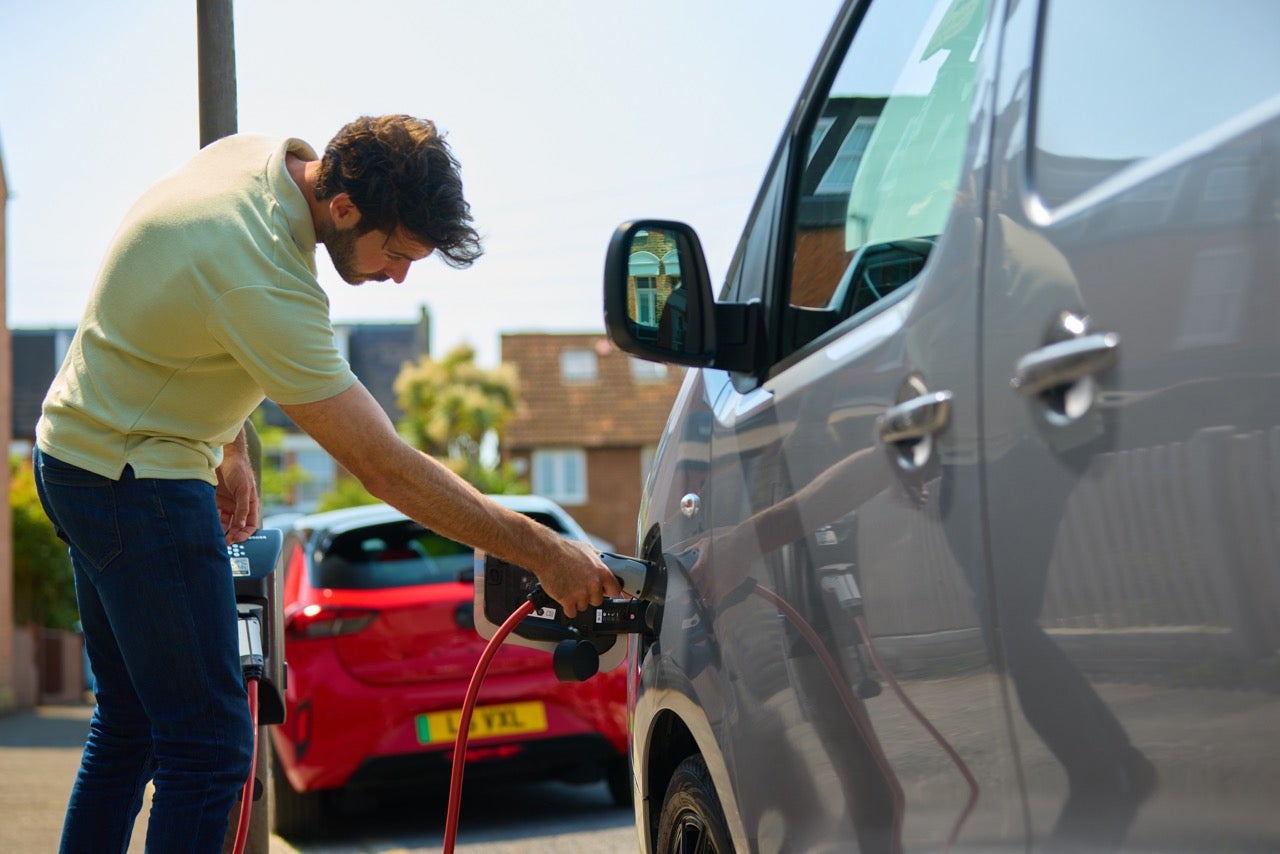Electrifying Britain: how can you help decarbonise the country?
A new campaign is helping to identity demand for electric vehicle charging as we accelerate towards a cleaner greener United Kingdom

The clock is ticking. Every year we get closer to the date by which we need to be living in a carbon-neutral world if we are to stand any chance of keeping global temperature increases to a manageable 1.5 degrees. Sometimes the scale of the task ahead can seem overwhelming but there are things that we, as individuals, can do. We can insulate our homes. Eat less meat. Fly less frequently. And crucially make smart choices when it comes to the vehicle we drive.
For the drivers among us, that will mean switching to an electric vehicle (EV), which as well as having zero tailpipe emissions in terms of greenhouse gases, also reduces the fine particle pollutants that have such a terrible impact on human health.
For some, though, making the switch to an electric car is easier than for others. Currently, 80 per cent of electric vehicle charging is done at home, fine for those with drives and garages. But if you’re one of the 40 per cent of UK households without access to off-street parking you’ll be relying on public charging points, and the reality is that at present we don’t have anything like enough.
There are already a million EVs on the road and another 500,000 will be registered this year. But the latest government figures show that there are only 20,705 on street charge points, with availability particularly bad in the North East and Northern Ireland.
However, thanks to Vauxhall, help is at hand, with the launch of the Electric Streets Campaign, a new initiative designed to help electrify the communities of the United Kingdom. The storied brand is behind a nationwide survey on current and future demand for EVs, which, once completed, it will share with councils and charge point operators to accelerate the installation of on-street residential charging in a way that identifies and targets areas of need.
And the installation of more public charging points won’t simply be useful to motorists. As we move away from petrol cars and gas-fired boilers, demand for electricity will increase and the National Grid will need to become an adaptable energy system. That’s where the nation’s electric cars will come in, each of them acting as a mini storage unit which can charge during the cheap off-peak hours and then sell power back to the grid when demand is high.
For Vauxhall, the Electric Streets Campaign is one element of a wider sustainability strategy of which electric vehicles are just a part. Vauxhall is investing heavily in light commercial vehicles powered by zero-emission hydrogen fuel cells. The Vauxhall Vivaro-E Hydrogen will arrive soon with its impressive stats: a range of up to 249 miles, three minutes refuelling time and a cargo volume of over 6m3.
Whatever its power source, a vehicle is only as sustainable as the materials it is built with, which is why Vauxhall is phasing out chrome finishes, as the plating process produces hazardous by-products. In an interview with the Times, Vauxhall’s marketing director Phil Douglass explained how taking away the chrome won’t mean less attractive cars: “Chrome’s been the go-to trim for years, but we made a commitment to take chrome off all our cars because of the materials involved in its production. Instead, our design mantra will be ‘decorating by light’, so you’ll start to see a lot more use of light in the exterior of the cars, like illuminated badging, and in the cabin for different kinds of ambiance.”
Vauxhall was the UK’s best-selling electric van manufacturer in 2023 supplying electric vans to household names including BT Openreach and Centrica, while the Corsa Electric was the UK’s best-selling small electric car and the Mokka Electric the best-selling electric compact crossover model last year. By the end of this year, Vauxhall will offer a fully electric version of every car and van model in its line-up.
All of this work from companies like Vauxhall makes it easier for drivers to make empowered informed decisions. The first of which should be to sign up to the Electric Streets Campaign.
If you currently drive an electric vehicle or are considering making the switch in the future, fill in the simple form, and help create an up-to-the-minute map of demand so we can power towards our targets. Together, we can help decarbonise the country.
Register your charging needs below, or visit electricstreets.co.uk for more information.
Subscribe to Independent Premium to bookmark this article
Want to bookmark your favourite articles and stories to read or reference later? Start your Independent Premium subscription today.